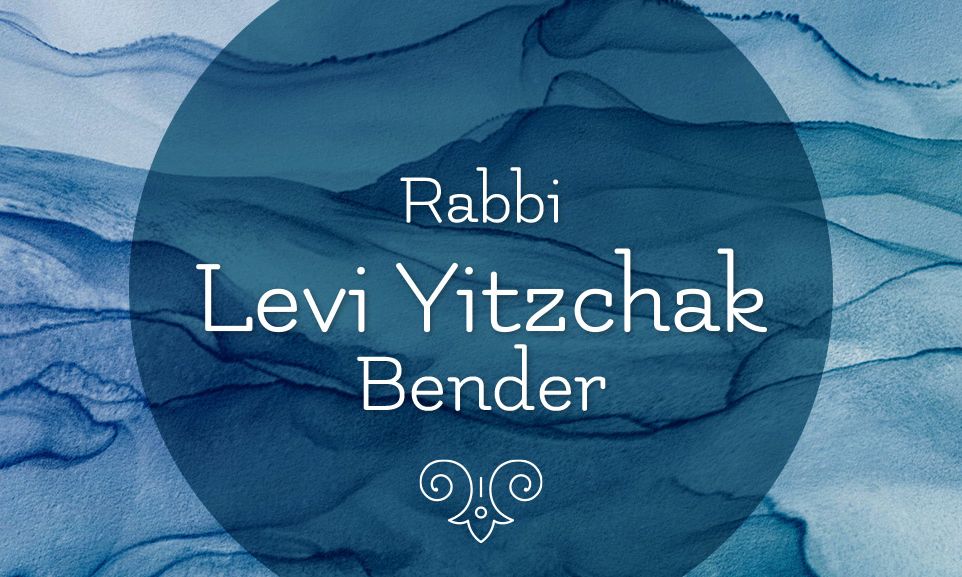
Rabbi Levi Yitzchak Bender
Date of Passing: 22-Tammuz. Rabbi Levi Yitzchak became a close student of Rabbi Avraham Chazan. He was Chazan at Rosh Hashana Shacharit prayers in Uman and...

In the city of Uman, heavy snow fell to the ground and enveloped it in white. On such a night no one is seen in the street. Everything is silent, gloomy, and foggy. In one of the houses a candle is still lit, and next to it sits the father of the family studying Torah.
It was on the night of 15 Cheshvan 5716, when a threatening knock on the door of the house of Rabbi Levi Yitzchak Bender z”l, one of the most important Breslev Hassidim, was heard. These were KGB men. “Where does Bender live?”, asked the voice on the other side of the door, and in an instant the door was broken into.
KGB police officers came to arrest Rabbi Levi Yitzchak Bender, whom they considered “the most dangerous criminal throughout Russia”.
Rabbi Levi Yitzhak dealt with Jewish affairs in general and all Breslev matters in the town of Uman and its environs. He taught boys and financially supported the “Kloiz”, which was the last Breslev synagogue in the entire region. He and his family knew that one night he would hear the knock on the door, the knock from which they were deathly afraid.
The KGB had searched for him several times before. When they did not find him, they took in his stead 27 Jews who were sent away to an unknown place and an unknown fate.
That same night, another Breslev Hassid, Rabbi Eliyahu Chaim Rozin, was arrested. Both were placed in the same prison in Uman, later transferred to the same cell.
When they bring someone to prison, they search him so that he will not have anything. In particular, they search for prayer books, tefillin, or Jewish items. Rabbi Eliyahu Chaim had tefillin, which was a great boost for them. The KGB stole the tefillin for the hand and only the tefillin for the head remained with him.
They were both interrogated daily – harsh, bitter interrogations alongside punishments and torture in order to extract from the mouths of the “criminals” the most information about their “crimes” and the “crimes” of their comrades.
Rabbi Levi Yitzhak was accused of a long list of crimes against the Soviet state. He was accused of espionage, of taking in two orphans and giving them a Jewish education, collecting donations, and teaching Torah to boys. The list went on and on. And the punishment for such “crimes” was the death penalty.
Because of the severity of his “crimes”, Rabbi Levi Yitzhak and Rabbi Eliyahu Chaim Rozin were transferred to Kiev. The two men were under heavy guard and had to walk on the roads.
When they arrived at the Kiev prison late at night, the two were thrown into a narrow, foul-smelling cell. There, in the middle of the night, which they thought was the last of their days, the two sat and strengthened themselves in a “conversation of friends” to encourage each other spiritually. They accepted the judgment with love, said Tikkun Chatzot (Midnight Lamentations), and made their final vidui (confession) before being led to certain death.
Will it happen in the next few minutes, in the next few hours, or the next days? They had no answer.
It wasn’t long before the two were suddenly called the director of the Kiev prison. With fear and trembling, the two men left their cell with a final vidui in their hearts before their sentencing. They accepted everything with complete faith.
Rabbi Levi Yitzchak was asked whether he was aware of the seriousness of the allegations against him. “After all, the witnesses are signatories to the charges against you,” the prison director told him. Rabbi Levi Yitzhak replied, “If you had seen by what means the signatures and the ‘confessions’ were extracted, you would not have been puzzled at all.”
“Well,” the prison director asked, “What do you want?” Rabbi Levi Yitzhak answered, “I want you to release me because you imprisoned me for nothing.”
“You are free”. What an incomprehensible verdict!
“I do not believe you,” answered Rabbi Levi Yitzhak, who feared that all this was just another one of their tricks.
“You are released, you and your friend”, the prison director repeated.
Later, it turned out that they had been sentenced to death, but the prison director was the son-in-law of one of the Breslev Hassidim. The prison director assured his father-in-law that if he had Breslov Hassidim in his prison, he would do everything possible to release them. When this was discovered some time later, the prison director paid for it with his life.


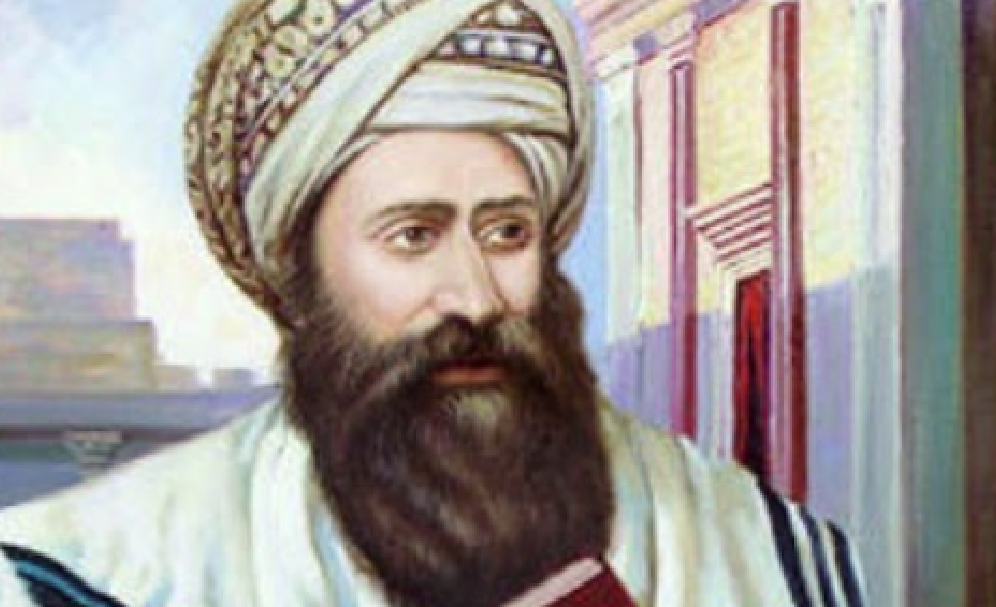
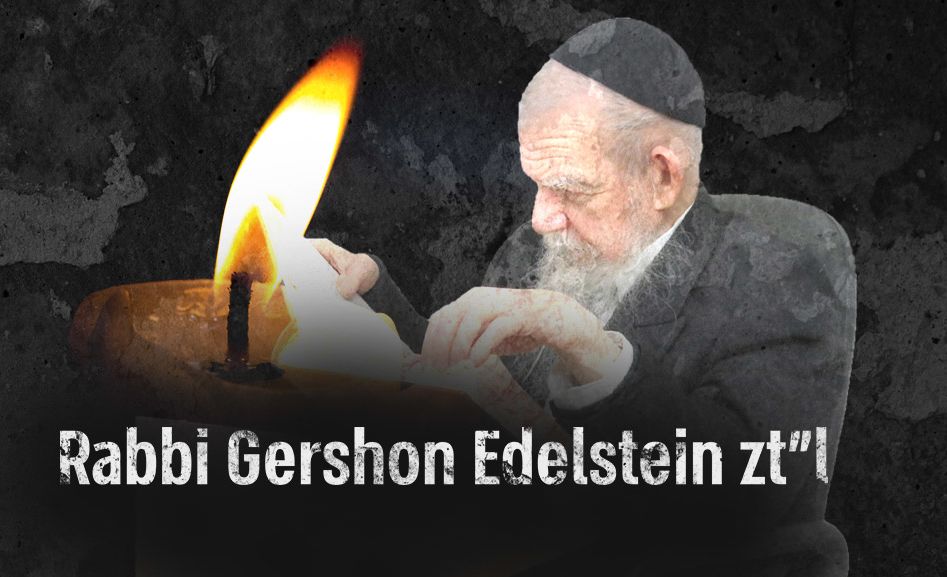
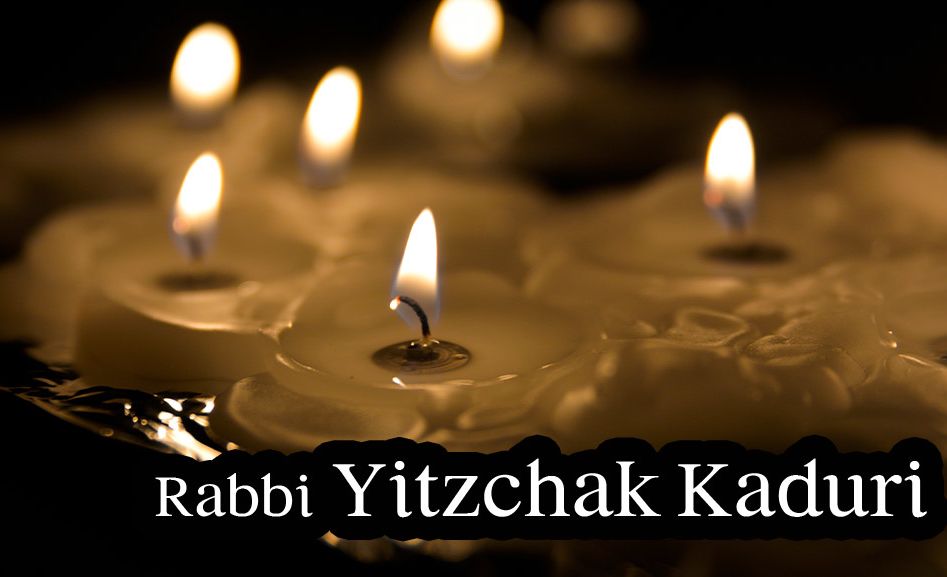
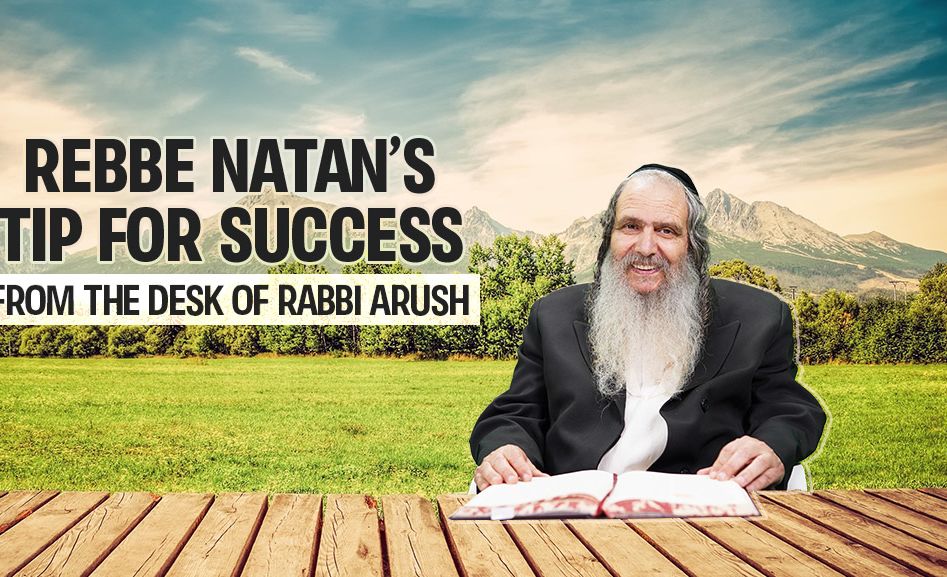
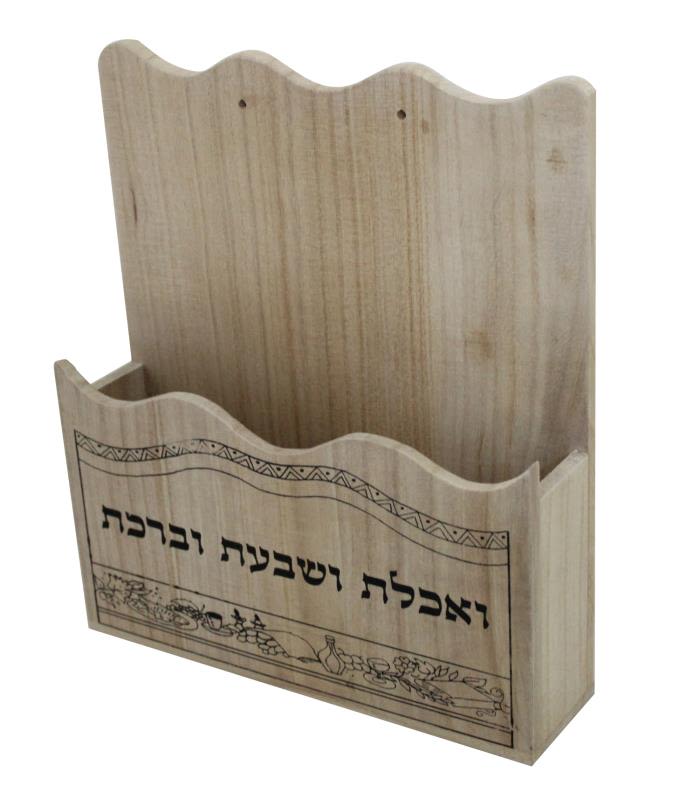


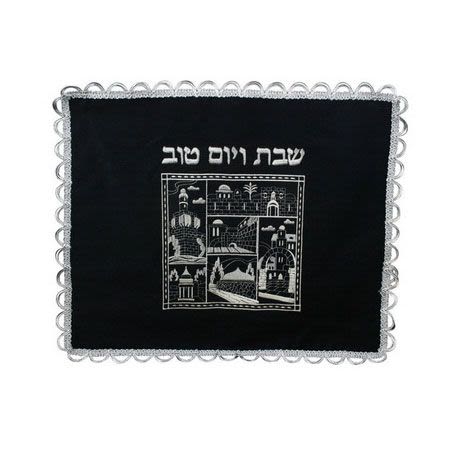
Tell us what you think!
Thank you for your comment!
It will be published after approval by the Editor.